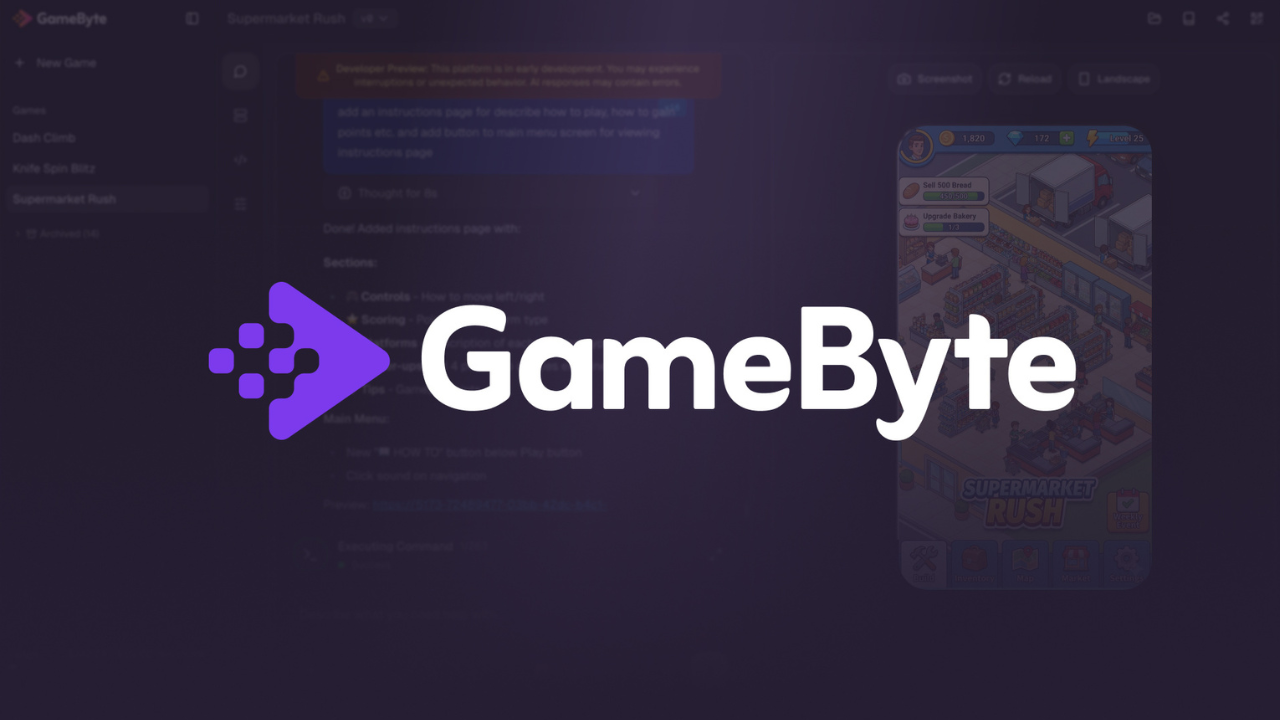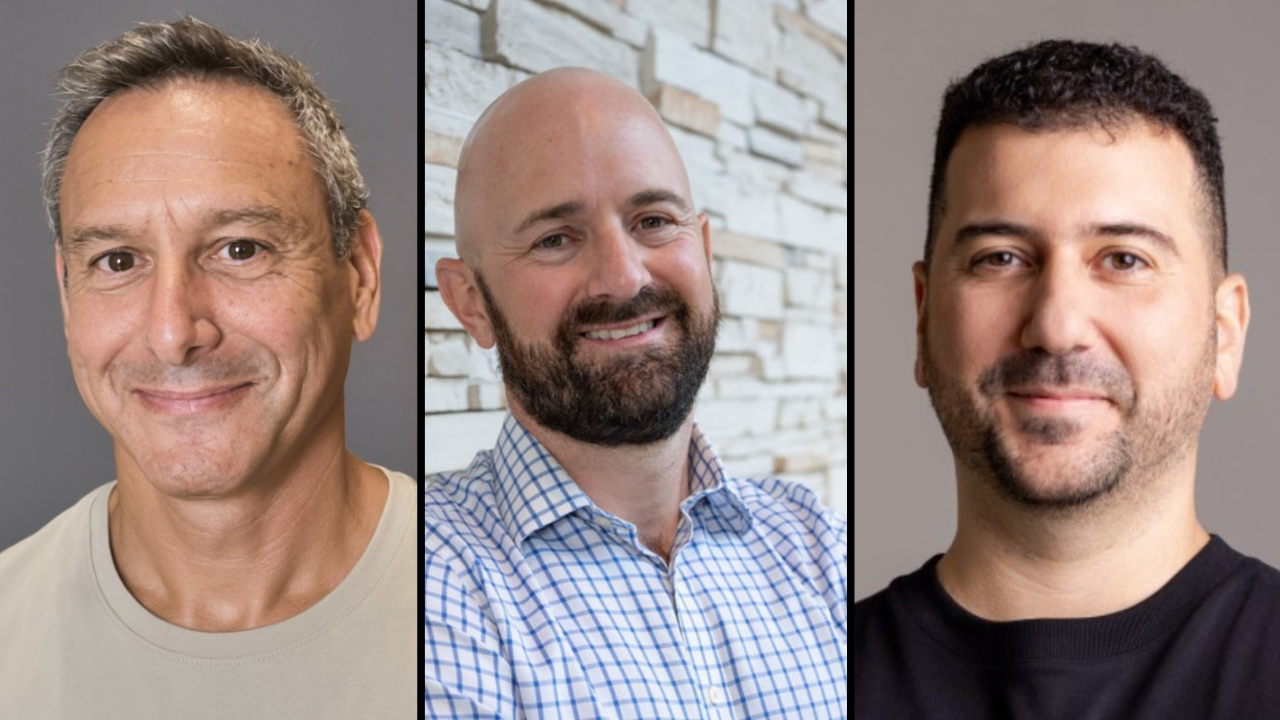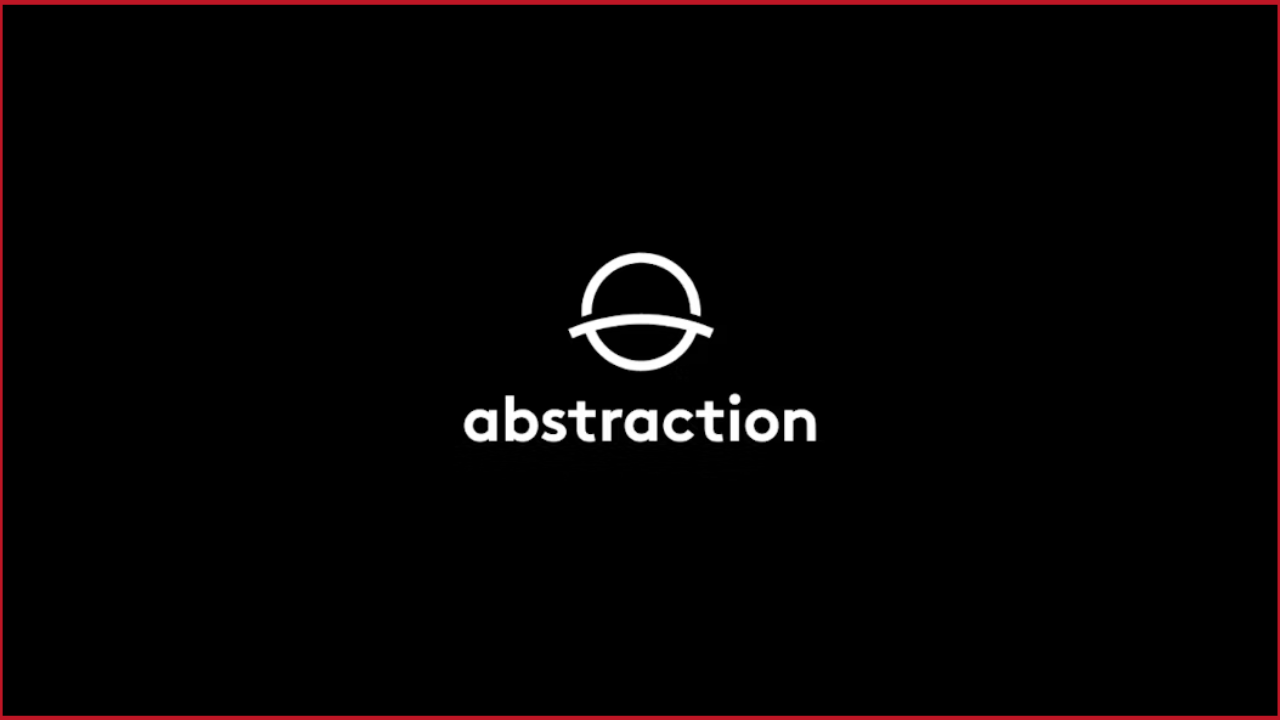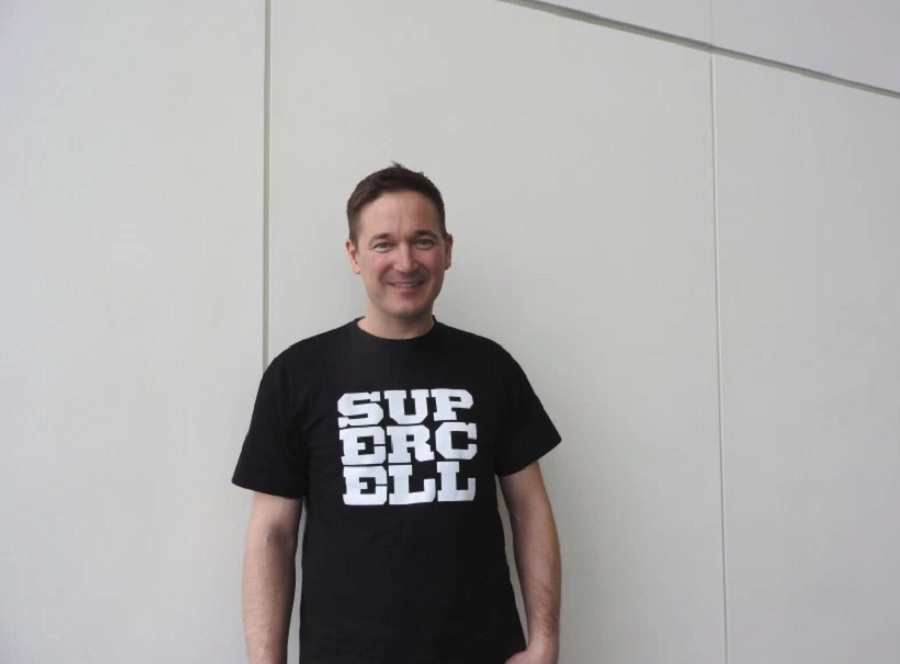Founded in Helsinki in 2010, Supercell has emerged as one of the most influential companies in the mobile gaming sector. With each title they published, the studio has consistently combined commercial success with a distinctive development model centered on small, autonomous teams.
On May 14, 2025, Supercell celebrated its 15 year birthday.
CEO & Co-Founder of Supercell, Ilkka Paananen, has also shared his thoughts:
Fifteen years ago, in a small city not so far away… we were just a team with a dream: to create games that people would love for years to come. Today, we’re celebrating our fifteenth birthday!
Ilkka Paananen, CEO & co-founder of Supercell
To you, our community: thank you for being such a big part of the journey. You’ve built clans, harvested crops, battled in arenas, and patiently put up with our maintenance breaks through it all.
To make this anniversary extra special and cool, we’re featuring 18 incredible artists to reinterpret our game worlds and characters through their unique lenses and brushstrokes. Why 18? It’s more and therefore better than 15. Keep an eye out for these pieces, and you might see your favourite characters in a whole new light.
Here’s to the next 15 years together!
This article presents a detailed chronology of Supercell’s evolution from startup to industry leader, highlighting key product launches, strategic decisions, financial milestones, and organizational developments through 2025.
Founding and Early Days (2010–2011)
Supercell was founded in May 2010 in Helsinki, Finland, by Ilkka Paananen, Mikko Kodisoja, Petri Styrman, Lassi Leppinen, Visa Forstén, and Niko Derome.
The founders aimed to create a new kind of game company with small, independent teams (“cells”) focusing on quality games. Early funding came from the founders’ own contributions and seed investors – the team secured a €750k seed round in late 2010 (including London Venture Partners and Initial Capital) and a further €8 million investment from Accel Partners in May 2011.
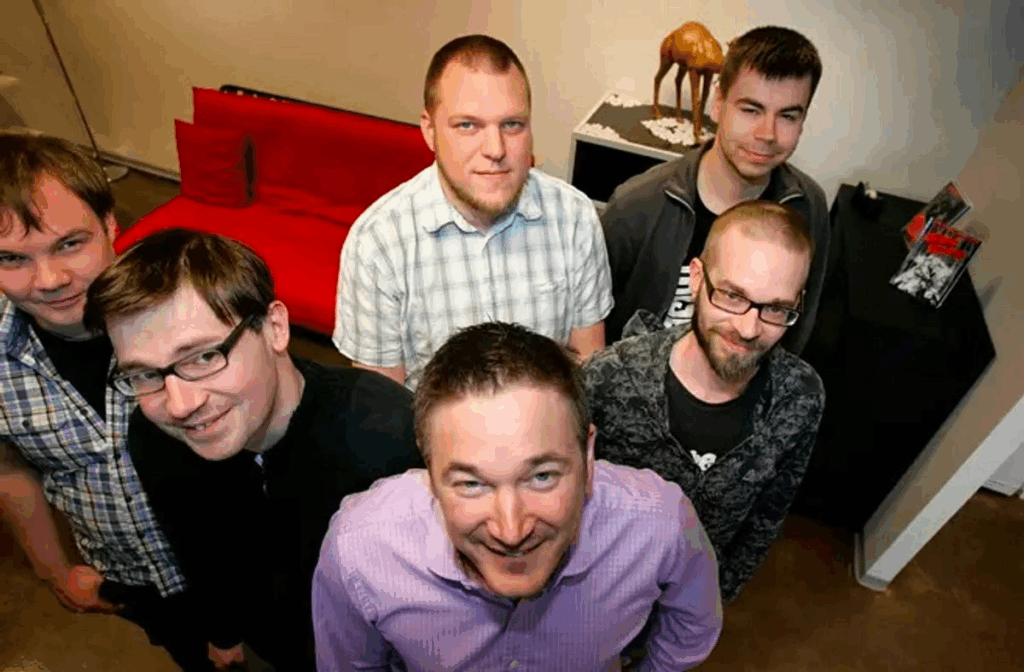
Image Credit: aakashg
First Projects
Gunshine.net (2011): Supercell’s debut game was a browser-based and Facebook-integrated MMO titled Gunshine.net. The prototype was developed in 8 months and launched in early 2011.
In November 2011, the company made a pivotal strategic shift: the company abandoned Gunshine, recognizing the dominance of Zynga on the Facebook platform and the limitations of browser gaming.
This marked a turn toward mobile development – especially tablet (iPad) games – which would soon prove to be a defining move for Supercell.
Shifting focus to mobile, the company developed several prototype games in parallel. The first of these to reach the public was Hay Day, a farming simulation game. Released on iPad in June 2012, Hay Day was essentially Supercell’s take on Zynga’s FarmVille, optimized for touchscreens.

Supercell’s next release came just weeks later: Clash of Clans launched on iOS in August 2012. Developed in only six months, this strategy game let players build villages, form clans, and battle others – a formula that quickly captivated a massive audience. Within three months of its debut, Clash of Clans became the highest-grossing app in the United States. By 2013, it was the top-grossing mobile game worldwide (a title it held through 2014).
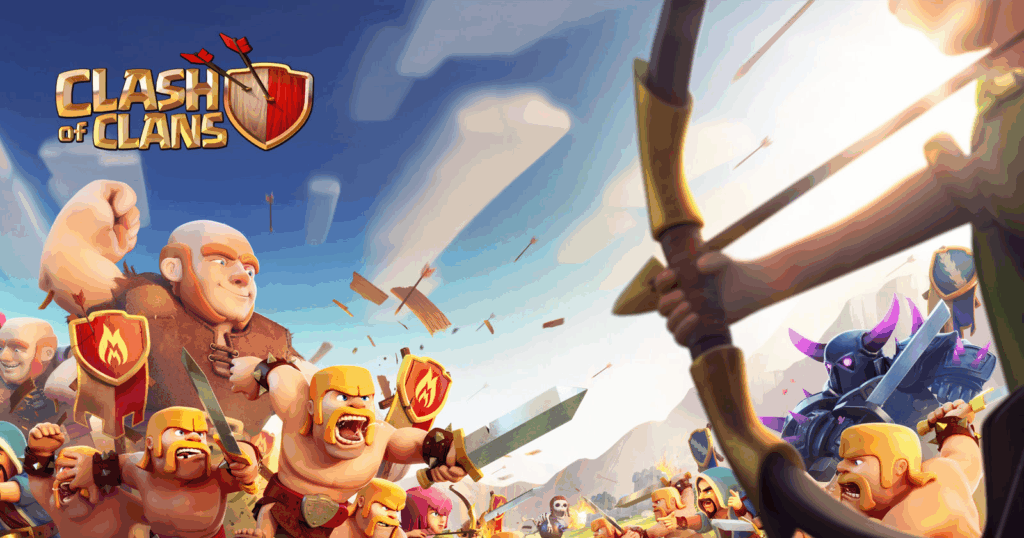
Explosive Growth in 2013
With just two active games (Hay Day and Clash of Clans), Supercell saw extraordinary revenue growth. The company’s games were reportedly generating about $2.4 million in daily revenue by early 2013.
By year-end 2013, the company had earned $892 million in revenue with $464 million in pre-tax profit.
SoftBank Investment (October 2013): The company’s success attracted major investors. In October 2013, Japanese tech giant SoftBank (together with its mobile games subsidiary GungHo) agreed to acquire a 51% stake in Supercell for $1.53 billion. The deal valued Supercell at around $3 billion.
New Games and Expansion (2014–2015)
Supercell continued to expand its portfolio while maintaining its “few hits, high quality” approach. The company also began expanding geographically, opening offices in strategically important markets like San Francisco (its first overseas office), Shanghai, and Seoul during this period.
Boom Beach Launch: Finnish giant’s third mobile game, Boom Beach, was released globally in March 2014. The game performed well, eventually overtaking Hay Day on the download charts by late 2014.
With three live hits, Supercell’s financial results soared: 2014 revenue tripled to €1.55 billion (about $1.7B), up from €515 million in 2013.
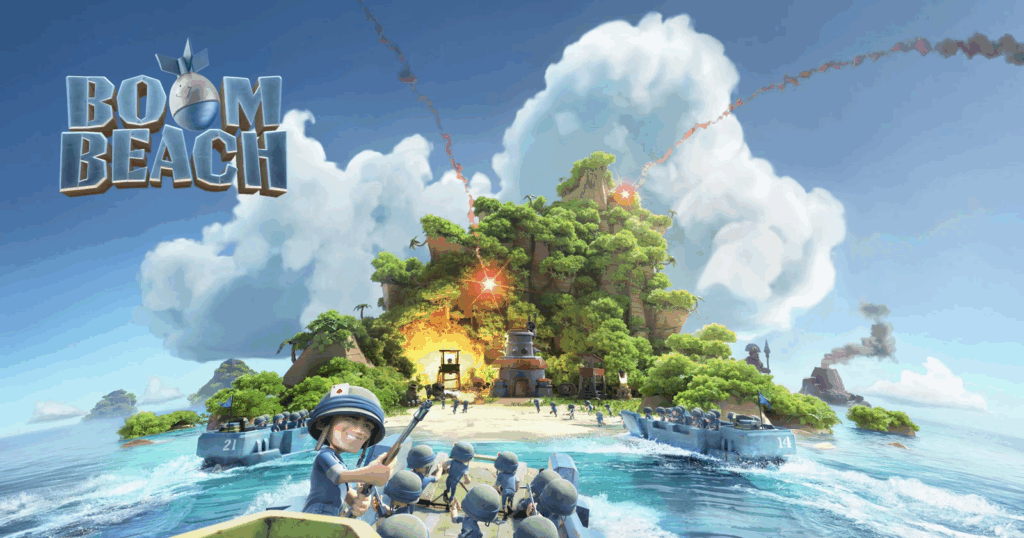
Investor Exit and SoftBank’s Control (2015): On June 1, 2015, SoftBank increased its ownership in Supercell from 51% to 73.2% by buying out many early investors (including Accel, Index Ventures, and others). The move valued Supercell in the ballpark of $5+ billion.
During 2014–2015, Supercell also quietly canceled a few internal game projects that didn’t meet its high standards. For example, a puzzle RPG called Spooky Pop soft-launched in late 2014 but was discontinued by early 2015 after disappointing metrics.
Likewise, the company killed an early 2015 experimental title (Smash Land) after a few months in beta, even though it was a polished, fun game – the team felt it wouldn’t sustain long-term engagement
Clash Royale and the Tencent Era (2016–2018)
2016 was a landmark year featuring both a blockbuster game launch and a major ownership change:
Clash Royale: In March 2016, Supercell globally launched Clash Royale, a real-time multiplayer battle game that used characters from Clash of Clans. It became an instant hit on both iOS and Android. Within less than a year on the market, Clash Royale surpassed $1 billion in revenue.
Tencent Acquisition: Just a few months after Clash Royale’s launch, SoftBank decided to divest its stake in Supercell. On June 21, 2016, China’s Tencent Holdings – the world’s largest gaming company – led a consortium to acquire an 84% stake in Supercell from SoftBank and other shareholders for $8.6 billion. This deal valued Supercell at approximately $10.2 billion.
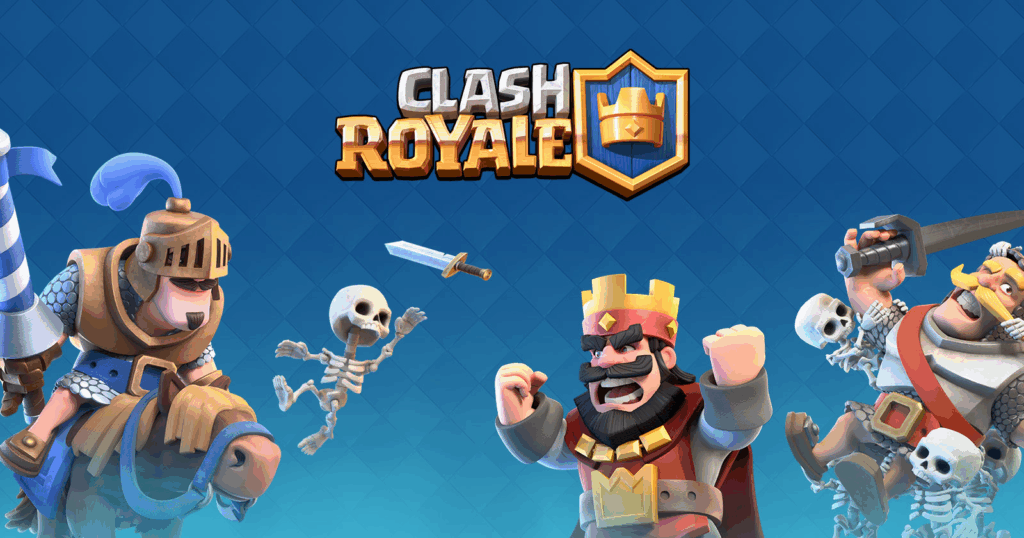
After the Tencent acquisition, Supercell made moves to broaden its influence and prepare new games. In 2017, Tencent-backed mobile studio acquired a 62% stake in London-based game studio Space Ape Games for $55.8 million.
Earlier, in 2016, it had also bought 51% of Finnish developer Frogmind (known for the Badland series).
After roughly 18 months of testing and improvement, the Finnish mobile gaming powerhouse launched Brawl Stars globally in December 2018. Brawl Stars shot into the top 10 grossing mobile games worldwide.
In the first six months, it amassed over 100 million downloads and $275 million in player spending. Brawl Stars eventually went on to join Supercell’s elite “billion-dollar club” – by 2021, it had generated over $1 billion, and by 2023, it surpassed $2 billion in lifetime revenue.
Challenges and Adaptation (2019–2021)
2019 was the first year in Supercell’s history with no new game launch, which was a notable contrast to the rapid releases of 2012–2016.
“Fail Fast” Strategy: Supercell doubled down on its philosophy of culling underperforming titles early. A high-profile example was Rush Wars, a cartoonish strategy game that entered beta in August 2019. Despite some initial player interest, Supercell announced in November 2019 that Rush Wars would be shut down, just three months into testing.
Similarly, in 2020, Supercell tested Hay Day Pop – a casual puzzle spin-off of Hay Day – in select countries, only to cancel it by year-end 2020 when it became clear it wouldn’t hit the mark for longevity.
Despite the lack of new launches in 2019–2021, the billion-dollar game maker’s existing games kept thriving.
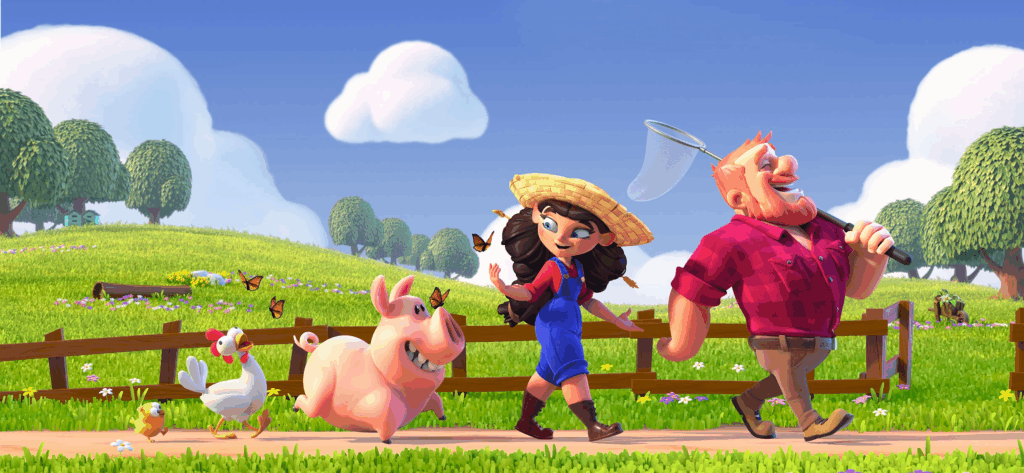
Resurgence and New Frontiers (2022–2025)
New Clash Universe Titles: In 2022, Supercell announced the development of three new games set in the Clash of Clans universe (Clash Mini, Clash Quest, and Clash Heroes). These were part of an effort to diversify the Clash IP into different genres (auto-battler, puzzle RPG, action-adventure, etc.). However, true to form, Supercell did not hesitate to cancel projects that didn’t meet expectations.
Space Ape’s Boom Beach: Frontlines: As a collaboration with majority-owned Space Ape Games, a team developed Boom Beach: Frontlines, a multiplayer action game spin-off of Supercell’s Boom Beach. It soft-launched in select markets in late 2021, but by November 2022 Supercell decided to shut it down, again reflecting an unwillingness to settle for less-than-stellar performance.
Squad Busters (2023–2024): After a long drought in new launches, mobile games leader released a completely new game to the world. Squad Busters launched globally on May 29, 2024. This marked Supercell’s sixth major game release (and the first new global launch in over five years). On May 13, 2025, Squad Busters has just pushed the button on a major game update, which transforms the core gameplay of Squad Busters through the introduction of Heroes and Squaddies.
“mo.co” Project: In parallel, Supercell has been working on an experimental title code-named “mo.co” (also stylized as MO.CO). Little was publicly known about this project until 2024, when Supercell opened an invite-only trial for players.
Conclusion and Outlook
As of 2025, Supercell stands as a role model in the game industry. Turkiye’s possible next unicorn, Grand Games, also uses company’s “cell-based” organizational structure.
Supercell’s lean portfolio of evergreen games delivers steady revenue, a passionate global fanbase, and a cash-rich balance sheet that allows it to weather storms and invest patiently in R&D. The company’s story shows the value of maintaining a player-first philosophy and a nimble corporate structure even as the enterprise scales into the billions.

